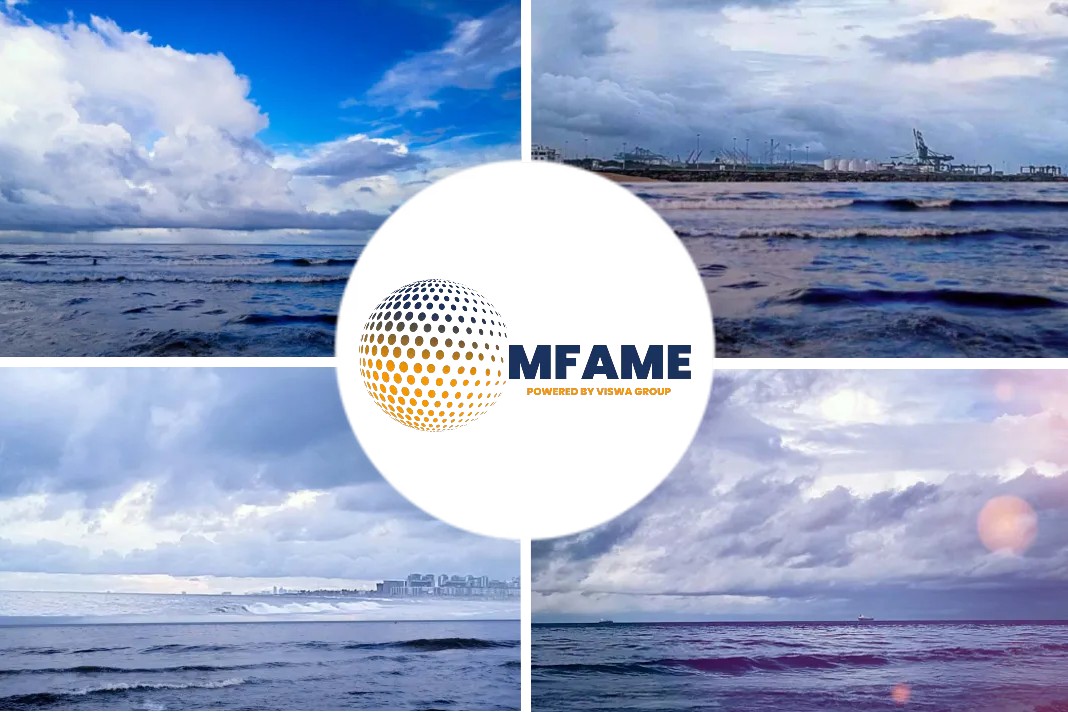
IBIA proposals to IMO on fuel safety and sampling guidelines, highlights a news source from IBIA.
IBIA has submitted several proposals
IBIA has submitted several proposals to the Maritime Safety Committee (MSC) in a bid to improve understanding and workability of new flashpoint regulations and associated draft sampling guidelines for fuel oil. We also aim to improve general understanding of fuel quality in a joint submission with ISO.
The 107th session (MSC 107), lasting from 31 May to 9 June, will continue discussion on an agenda item called Development of further measures to enhance the safety of ships relating to the use of fuel oil. In essence, the aim is to introduce increased control on the supply of bunker fuels. The initial focus was on flashpoint, but discussions have also been going on in a Correspondence Group on the subject about “possible measures related to oil fuel parameters other than flashpoint.”
IBIA has authored four submissions to MSC 107 under this agenda item, mainly in response to draft sampling guidelines and other ideas discussed in the report of the Correspondence Group.
Confusion around flashpoint documentation
In November 2022, MSC 106 adopted amendments to Chapter II-2 of SOLAS regarding flashpoint “to further enhance the safety of ships using conventional oil-based fuel oils”.
We have observed that the regulatory text for information to be provided by the bunker supplier regarding flashpoint is causing a lot of confusion. We have therefore proposed a unified interpretation (UI) of SOLAS chapter II-2 to help clarify the meaning of the regulatory text, and we are asking for a corresponding UI to be approved for MARPOL Annex VI, which has added a flashpoint documentation requirement for the bunker delivery note. You can see the full details in MSC 107/6/2
Joint MSC-MEPC sampling guidelines
MSC 107 will consider draft joint MSC-MEPC sampling guidelines. These were developed by the Correspondence Group after it was agreed that the delivered MARPOL sample (for sulphur verification) can also be used to confirm flashpoint.
IBIA makes proposals to these draft MSC-MEPC guidelines regarding the sampling location to take into account safety, practicality and alignment with established industry practice. We argue that the most important aspect of the statutory sample to be retained by the ship is that it is representative of the fuel delivered, so it is essential that the sample is drawn by skilled personnel. Our paper, having described the issues in detail, concludes by proposing that the joint MSC-MEPC Guidelines should allow the sampling equipment to be positioned at the bunker manifold of either the receiving ship or the bunker tanker, as agreed between the receiving ship and supplier in advance. You can see the full details in MSC 107/6/5
We have also proposed modifications to the draft MSC-MEPC sampling guidelines to reflect practical considerations regarding sample integrity and sample bottle size. For full details, see MSC 107/6/3
Regulating “other parameters”
Following new SOLAS regulations to tighten control of flashpoint, MSC is also considering possible measures related to other fuel parameters that may present safety issues. This has been extensively discussed both during previous MSC meetings and in the Correspondence Group between meetings.
One of the ideas discussed in the Correspondence Group is to add a general regulation in SOLAS in line with Regulation 18 of MARPOL Annex VI. An alternative proposal put forward is to reference a fuel standard, which would in essence make compliance with ISO 8217:2017 mandatory.
IBIA and ISO have submitted a joint paper which advises against mandating ISO 8217, as this would likely generate many unjustified demands for debunkering fuels which are either perfectly safe, or may be safely managed onboard with due care and attention.
The paper also provides a brief explanation of 95% confidence and ISO 4259 to address some common misconceptions, and goes on to explain the difficulties in establishing which chemical components pose a safety risk, and why it is considered unadvisable to regulate oil fuel parameters other than flashpoint due to uncertainties in establishing clear and consistent links between specific fuel parameters and the safety of ships.
You can see the full details in MSC 107/6/4
ISO and IBIA will do a joint presentation during MSC 107 on the issues covered in MSC 107/6/4, involving some of the experts that take part in the IBIA Technical Working Group. This group has been consulted during all of IBIA’s work at the IMO relating to fuel safety and other fuel technical issues. We are hugely grateful to the IBIA Technical Working Group, which includes top industry experts, for providing relevant expertise to our work.
Safe delivery of GHG reduction
IBIA is one of multiple co-sponsors alongside IMO Member States and other NGOs to a proposal for MSC to take on a new agenda item to develop a road map to support the safe delivery of the IMO’s GHG reduction strategy. The aim is to undertake a regulatory assessment of safety aspects and facilitate the safe deployment of fuels and technologies needed in the industry’s transition to using low and zero GHG fuels and technologies. You can see the full details in MSC 107/17/21
The above is an extract of an MSC 107 preview in the Q2, 2023 issue of IBIA’s official magazine World Bunkering.
Did you subscribe to our newsletter?
It’s free! Click here to subscribe!
Source: IBIA















